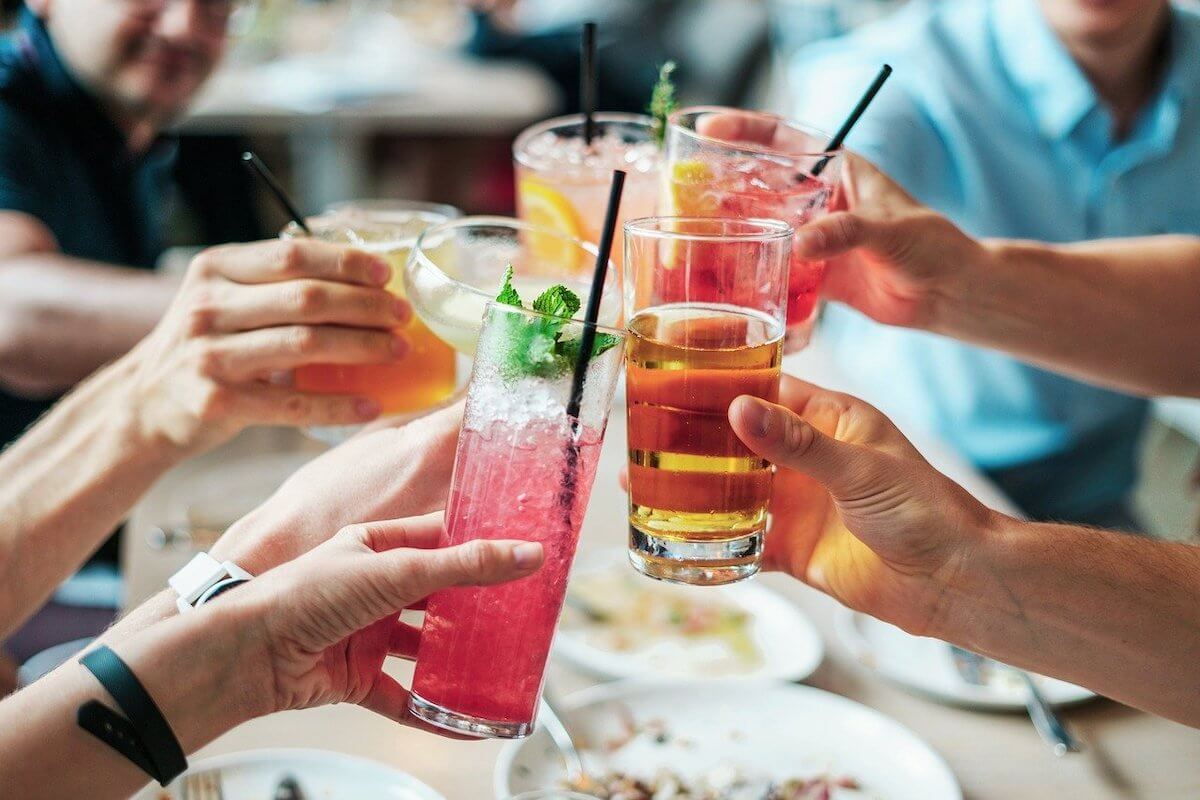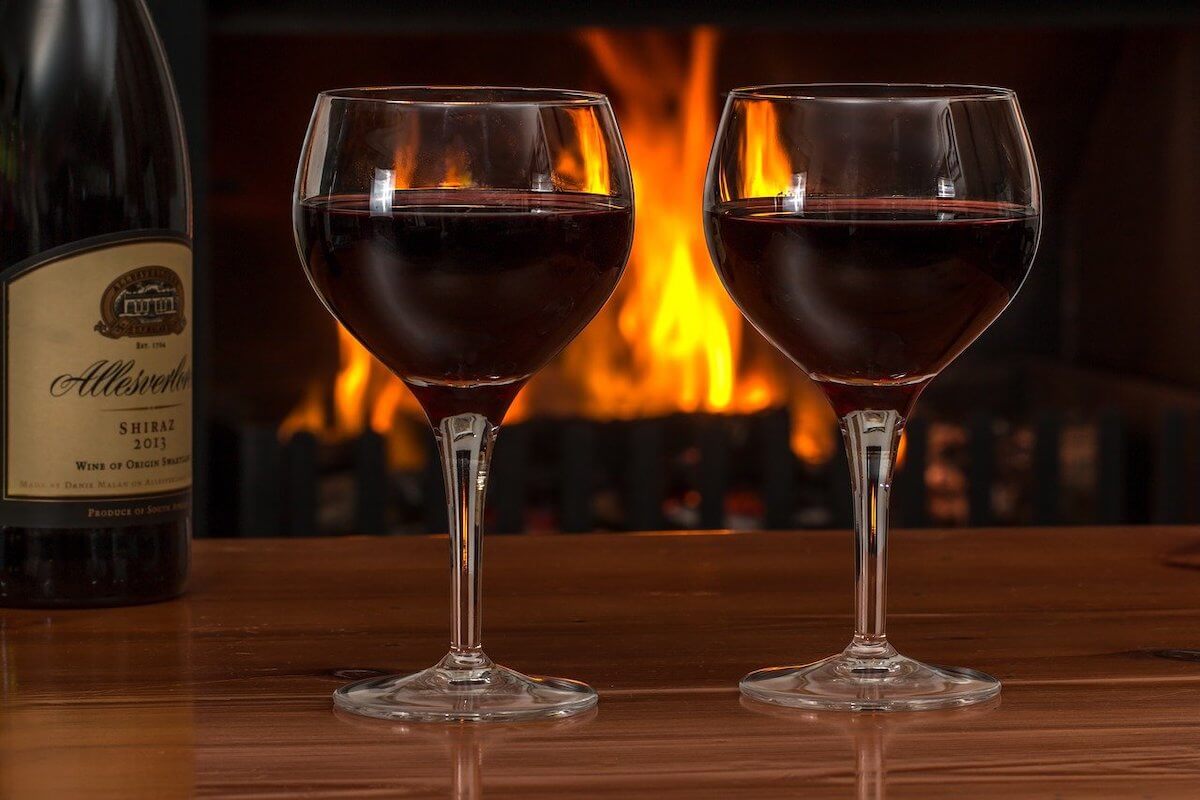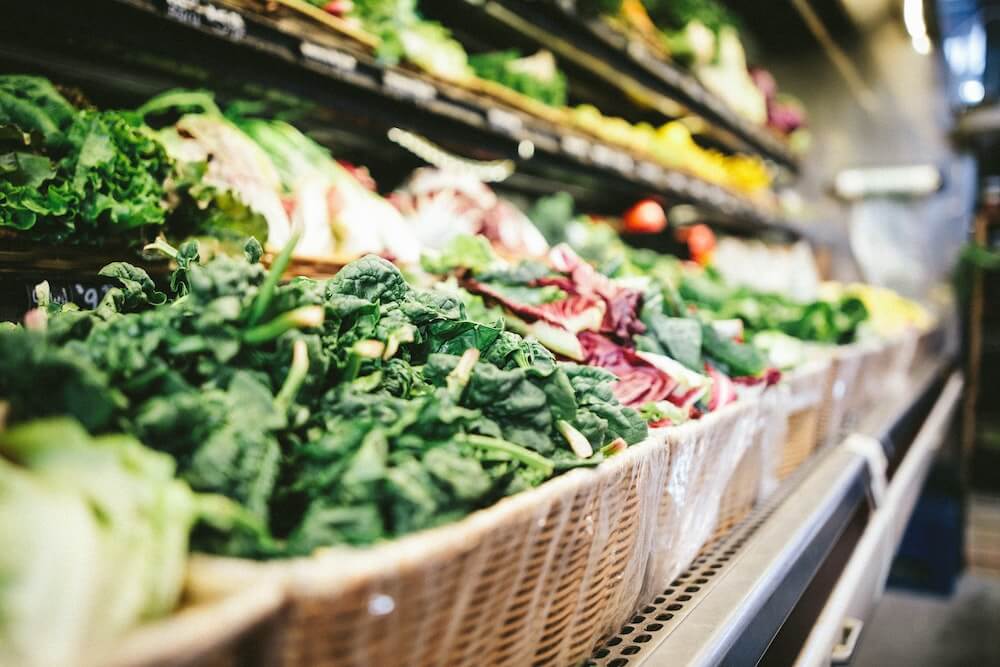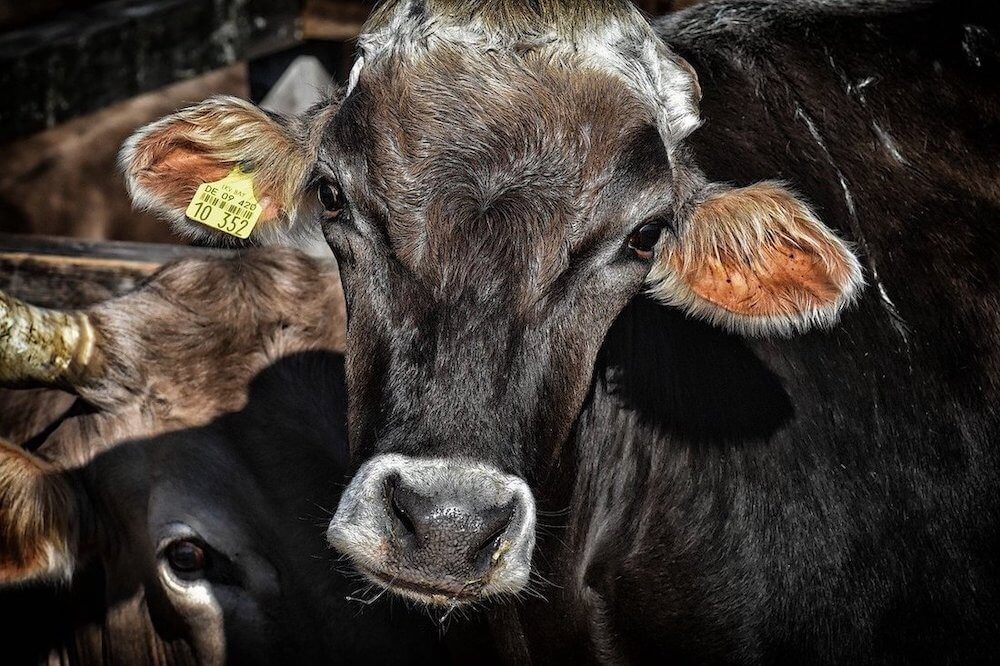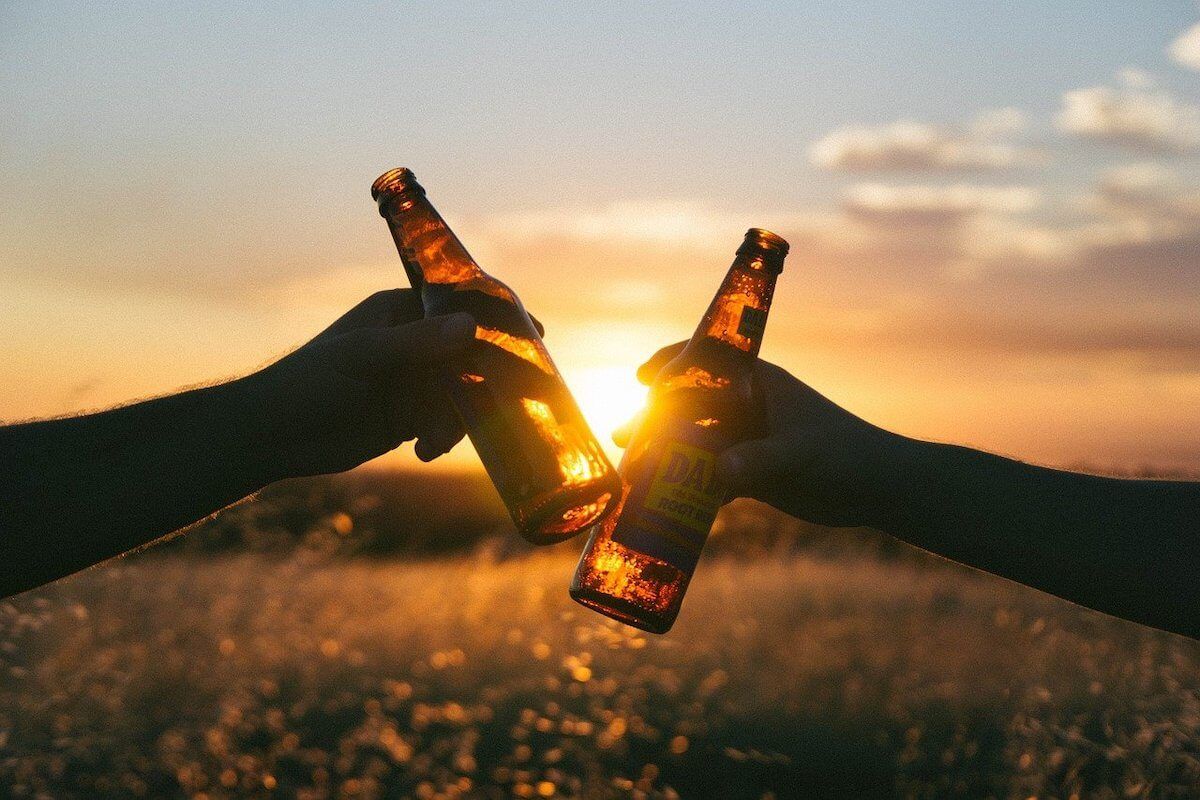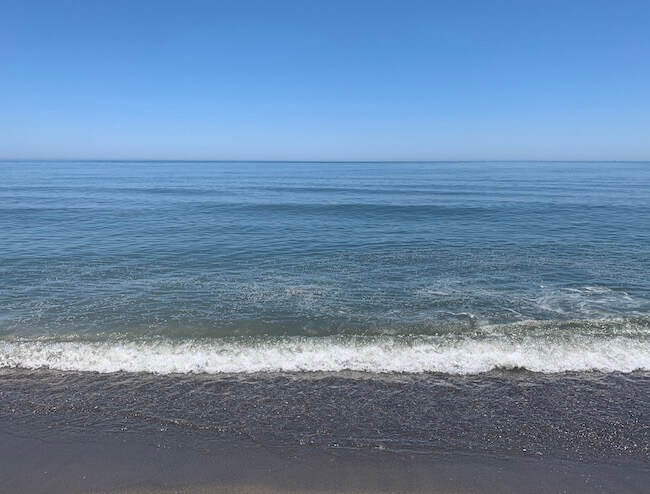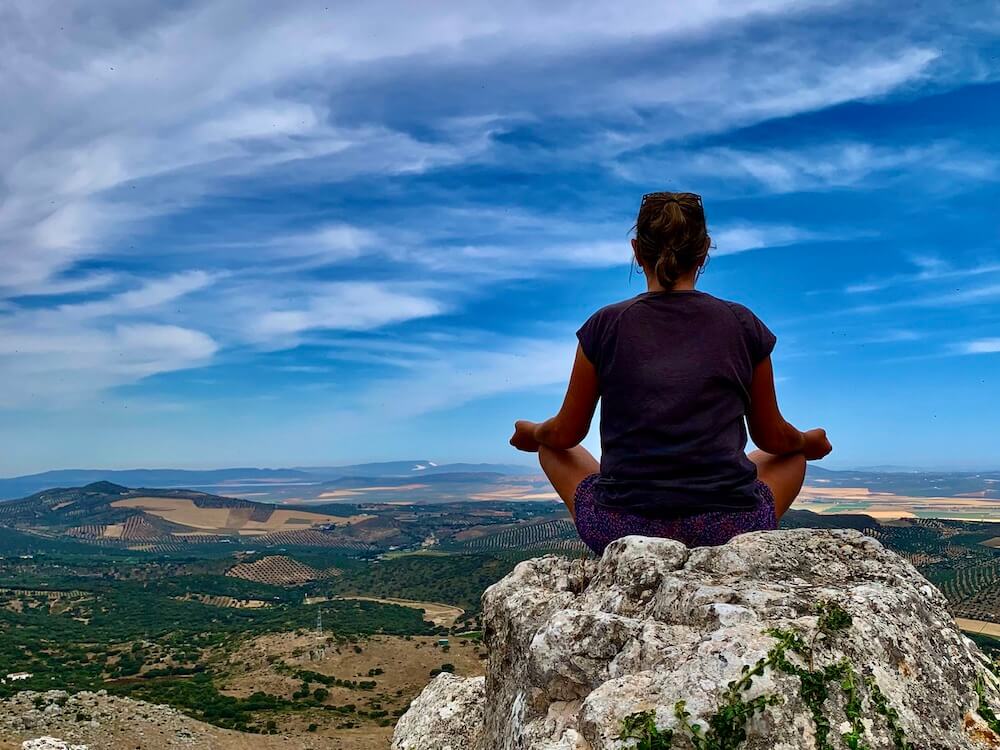Are you looking for some tips on giving up alcohol?
Maybe you’ve been thinking of stopping drinking for a while, but haven’t yet taken the plunge? Or perhaps you’ve tried before but have yet to master the skill of sobriety? Or maybe you’re doing fine as you are but are interested in a long term strategy.
Whatever your motivation, these tips will help you move along the path more smoothly.
We’ve all lived a different story and developed unique stresses, temptations, motivations, weaknesses and strengths, and for sure some of us will share some of the same triggers, while others will have similar motivations and yet others, similar weaknesses, when it comes to alcohol.
And that’s why some of these tips could be lifesavers while others may resonate less. Pick and choose whichever resonates most.
The journey to changing our relationship with alcohol isn’t without challenges, let alone giving up alcohol completely, and you may ask yourself: is it worth it to give up alcohol?
It’s worth it, so be persistent, be patient, and persevere.
Table of Contents
Tips for Giving Up Alcohol
#1 Get Your Subconscious Mind On Board First
I believe this step is the fundamental basis of easeful success: this crucial factor defines everything, because if you don’t take the time to show your subconscious mind the new truth which you’ve decided you want, it will sabotage your progress every step of the way, as it will believe that you’re missing out.
Only when your subconscious and your conscious mind are in true alignment can you feel completely free. Because if neither of them want to drink, you won’t want to drink. Full stop. And that brings it all down to a matter of simple logistics of not drinking instead of cognitive dissonance or inner turbulence.
One thing I must add, if you need to give up alcohol immediately, that needn’t change this step: simply put alcohol on temporary hold immediately while you get your subconscious mind on board, and then after that, start to approach the idea of not drinking for longer term, when you’re ready.
I wrote about this quite a bit in both of the other posts (here and here).
#2 Read This Naked Mind
It wouldn’t be honest if I didn’t disclose that at the moment of writing this post, I still haven’t read This Naked Mind, but I can include it here because if I were starting over, that’s where I’d start.
This is the most talked-about book when it comes to giving up drinking alcohol, and definitely one I’d read at the beginning of the journey, before or while joining the group, if I were starting out now.
Through joining the alcohol experiment I’ve come to know Annie’s philosophy, and it resonates with me enough to trust that the book is as good as they say.
When I heard about the book, I’d already joined the experiment and was in full swing without it, but I still plan on reading it.
#3 Join the Alcohol Experiment by Annie Grace
At the risk of sounding repetitive (I’ve already spoken about this in the first two posts), this is my top tip!
Joining the Alcohol Experiment won’t just give you a structured opportunity to get to know yourself and your relationship with alcohol better, but it will also grant you access to the best Facebook support group you could hope for.
And it’s all for free (unless you choose to donate something at the end).
BTW I do not gain anything through the link provided, other than the satisfaction of passing on something of huge value. It will change your beliefs around alcohol and around sobriety, and it’s your beliefs that define the whole process of the journey to sobriety.
Thank you Annie Grace.
#4 Read Lots More Great Quit Lit: Alcohol is Not What You Thought
Reading lots of books about people who are living joyously after going AF and also the facts around alcohol, feeds your subconscious mind with hard evidence of the reality and truth behind alcohol. Because quite simply, alcohol is NOT what we’ve spent our lives believing it to be (cool, cultured, beautiful etc.)
We’ve brainwashed ourselves to believe a fictional ‘movie’ about alcohol, which we’ve created in our minds, and which we replay over and over but which is, in fact, far from the truth. The problem is, that in order to remove our self-programming and really see it as it is, you most probably need to expose yourself to hard facts over an extended period of time.
The steps of accepting something new can often go through 4 phases:
- Disbelief and rejecting the new concept
- Ridicule
- Acceptance and passive understanding
- Active participation and complete understanding
As well as learning to see the truth about alcohol, reading a lot of quit lit gives you an insight into all the benefits and struggles of other people who have travelled the journey from habitual drinking to sobriety.
#5 Use a Present Moment Attitude
Initially, you may find it helpful to approach this journey as being for just the first 30 days. Although you know in your heart that what you’re actually doing is changing your relationship forever, keep the step small by only concentrating on the present.
Hold the intention in your heart that you’re going to change your future by changing your relationship with alcohol forever, but to begin with, face the first 30 days in your mind as a stepping stone.
This can stop your mind from panicking. After all, forever can seem such a daunting prospect for anyone who’s used to drinking alcohol on a regular basis. Approach the 30 day experiment with an open mind and observe what happens during the month (as Annie herself says to do btw).
Travelling through the month, you’ll find you become stronger and clearer on where you’re heading and how to get there. It’s not normally a black and white path before you, but rather one with many different colours and interpretations.

Expect to go through a roller coaster of feelings. Some days you may get cravings, other days you may feel on top of the world. Sometimes maybe you feel hopeless and others full of hope.
This is normal because you’re altering a behavioural pattern that’s been in-ground in you for so long that you’ve accepted it as a fact. And now you’re changing your perception and revealing that all is not what it seemed, and that first month can be crucial.
#6 Don’t be Afraid of Failure
If you know in your heart that alcohol and you don’t mix, or you just know that you don’t want to ever have another drink, don’t allow that to translate into fear of failure. Fear of failure will lead to failure. Don’t see yourself as failing. As long as your intention is to change your relationship, and regardless of any mistakes you make along the way, you are succeeding.
Once you truly educate your subconscious mind and once you truly want sobriety like some people want to win the lottery, then the rest fades away. In the meantime, be strong in your resolution and don’t make unimportant things, important.
If you ‘fail’ one day, it isn’t failure so much as a stepping stone on your path to success, coming into your life to reinforce your desire to stop. Use every negative experience as an opportunity to reinforce your determination and be thankful for it.
Keep this success-mindset so that when you fall you get straight back up again.
Fear of failure will make you label yourself, and relapse into failure instead of taking it for what it is: a part of the journey which will make you stronger. Because that’s what this is, a journey.
Remember that nobody has built a successful company without first experiencing one that wasn’t successful. Because those are the ones that teach us what we need to learn in order to succeed.
I love this quote from Edison when supposedly asked by somebody how he managed to keep going after so many failures – he reportedly had failed 1000 times before finding the actual design that worked for the lightbulb. What kept you going after so many failures? he was asked.
And to that he replied:
I didn’t fail 1000 times. The lightbulb is an invention with a thousand steps.
Thomas A. Edison
If you apply this mentality to yourself, you’ll recognise that there is no such thing as failure – just steps on your path to success.
#7 Be Kind to Yourself
This is one of the most important tips you can take on board. It’s essential to be kind to yourself. Give yourself a smile and reward yourself for every day that passes without a drink.
Don’t just let it pass by unnoticed, but instead imagine that you’re a child and give yourself the praise that you would give to that child. Your inner child needs it.
Learning manifesting techniques can help you to trust that you will reach your desired goal
#8 Find New Activities to Do
For most of us, drinking becomes a hobby. An activity we think we’re ‘doing’. For some of us it’s a hobby we share with our partner or friends and for others it’s a more solitary activity. Whatever the case may be for you, one thing’s for sure:you will have a lot of extra time on your hands and if you don’t prepare for that, you might find yourself feeling lost and/or bored, and that could trigger you to drink again.
The solution is to take up something you love doing. It might be yoga, a sport, a blog, reading, online education or any other activity that appeals. Not only does that stop you from getting lost with all the extra time you have but it reinforces your gains. Yaaay! I’m doing yoga! (Or whatever your passion might be.)
For me, I have more time to spend on this blog, which I love, and I have more time for online courses for spiritual development, and I do daily yoga and fitness workouts which make me feel alive and free!
#9 Get to Know Your Whys
One of the most important steps in giving up drinking alcohol is getting honest with yourself about your current relationship and what alcohol is costing you.
I discussed this in a previous post on how to change your relationship with alcohol, so it’s only included here as a reminder. Your whys are the foundation of this whole journey.
#10 Be Patient & Give it Time
Sometimes you will feel frustrated, as though you’re not achieving anything. Or maybe you feel cravings, or self criticism or despair. At these times, remind yourself how long it took you to get to this moment, and allow it time to get back to freedom.
You’re resetting your inner programming, both on a physical level and a psychological one. Reprogramming to that of a child who knows happiness without ever thinking about alcohol.
Allow it to take the time it takes without feeling impatient.
#11 Food & Cravings
It’s always good to have a healthy diet, but at this moment in time while you’re changing your inner beliefs and outer behaviour, you may not be in the best mind frame to also tackle your diet. Listen to what’s right for you.
Don’t be surprised if you start getting sugar cravings and if you do, I wouldn’t try to stop them at this point. Allow yourself that piece of chocolate or whatever it is you fancy. Right now your focus is on changing one habit, don’t make it about food as well.
I’ve developed a love of dark chocolate!
#12 Base Your Journey on Positive Steps
It’s super important to build your journey on the positive blocks. It may sound contradictory, but set it in your heart that you are aiming for zero, yet also set it in your heart that you’re doing the best you can in any given moment and that everything you do is better than before you set out on this journey.
And by that I mean that if you slip up and have a beer, recognise everything that comes with it (the good the bad and the ugly) and acknowledge that it is still so much less than before, so it’s still a win.
And if you slip up and go on a bender one day, when you come out of it, recognise that you went many days NOT on a bender before that day, so it’s still a win. It’s always a win when you focus on your successes, and that strengthens your resolve to build more successes.
If you aren’t familiar with manifestation techniques, take a look at this post, and apply them to your journey. It will make it much smoother a transition.
#13 Don’t be Afraid of an Alcohol Free Lifestyle
It can be quite daunting to imagine a life without alcohol. Try not to be afraid of the changes. Instead, take time to visualise yourself at your utmost happiest, doing things you love doing without alcohol and experiencing the freedom that comes with it.
By doing visualisations you can prepare yourself for the real experience. Try to avoid thinking about the forever word, just deal in the NOW. It’s only the now that matters as it has the power to change you.Take each social event one by one.
Don’t clump them all together into a scary image of sobriety. Just explore with how you can best deal with the social events as they arise and be content to take it step by step.
#14 Find Yourself Some New AF Drinks and Keep Them in Stock
It wouldn’t be too unusual if you, like me, never used to drink soft drinks. If that’s the case, you won’t be in the habit of stocking up on soft drinks in your house, or even worse, you may not think you even like any of them!
Well I was the same, but when you give up alcohol, your taste buds change and you’ll find that you like things which you didn’t before.
Some drinks which can help you when you get a craving: herbal teas, apple juice or fizzy apple juice, kombucha (it could have some alcohol in it so check the label if that’s a concern), hibiscus tea served chilled.
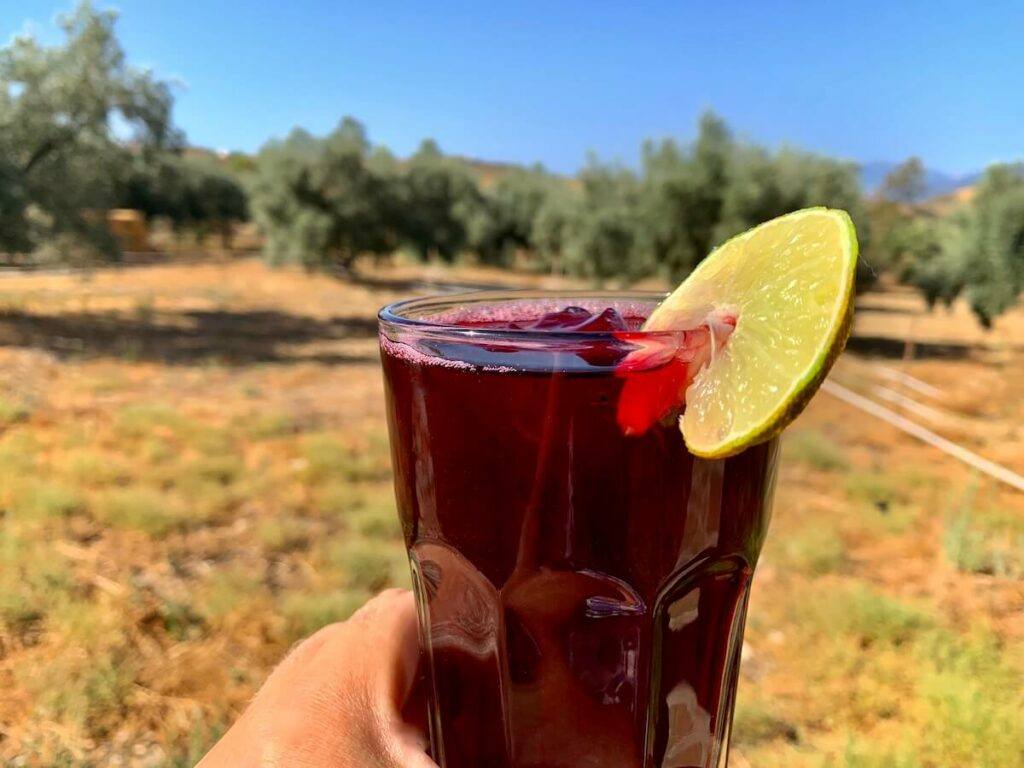
#15 Giving Up Alcohol Gets Better
There’s no doubt about it that you’ll build strength over time, and not drinking alcohol becomes easier with time. Not only that, but with time, you’ll feel so much better.
Your sleep improves, your skin may improve, your hair may improve, your health will definitely improve, your stomach will be able to heal, your head can stop hurting. There are so many health benefits of stopping drinking if you’ve been drinking on a regular basis for a long time, but they may not kick in instantly.
For me, the first month was full of headaches and tiredness, and after about the 6 week mark I really started to feel more vibrant. The amount of time it takes varies from person to person, so allow yourself the time it takes.
Remember that it gets better!
#16 You Aren’t Actually Giving Anything Up
Another essential in my opinion. You aren’t giving anything up, you’re GAINING! Simply make a list of all the things that you’re going to have in your new lifestyle that you didn’t have when you were drinking and you’ll see that this is a win-win, a case of gaining all the way.
Therefore, it would be inaccurate, misleading and of negative impact to think of this as giving something up. Because you don’t WANT to drink. Therefore you can’t be giving it up. It may seem pedantic but it’s a really important message to your mind that you are gaining not losing.
#17 Nothing Actually Gets Better with Alcohol
If you’ve been a pro at drinking, then you’ve done it all and seen it all. There’s absolutely NOTHING that you’re missing out on.
This is vital to get into your mind because we tend to have that FOMO feeling, but when you stop and analyse it, really it can only be a fear of not doing the same as everybody else, because you know and I know that if we join in the drinking we’re not going to have a nicer evening than if we don’t (on the contrary).
#18 Do it for You, but Don’t Be Alone
This journey is yours and yours alone. It’s great if you and your partner both want to go AF at the same time because it means you won’t have to deal with the temptation and you’ll be able to support each other along the way.
But having said that, remember that this is an insanely personal journey and one which nobody will completely understand even if they’re doing something similar. There are just too many variables. And in order to succeed, this has to be something you really want in your heart.
Do it for you. For your relationship because YOU want your relationship to be better. For your health because you want to live in joy. Do this for you and you alone, but seek support from friends and family if that resonates with you and definitely seek support from an online group.
Sometimes an online group can be the better option than friends and family who know you and think of you in a certain way. My choice was to share my thoughts online. My friends know I’m not drinking, but they don’t know why, or for how long, or any of the intimate reasons involved. Simply because they wouldn’t understand and by sharing with someone who has a different path to walk, I feel that I weaken my own resolve.
#19 To Substitute Alcohol or Not?
For some people the most important challenge is to break any association with alcohol, so to replace it with a substitute drink (like alcohol-free beer for example) acts like a trigger and sets off a craving. I have not found that to be the case for me, but if you think you’re one of these people, this tip is not for you.
I found a great surprise in discovering that when I fancy a nice cold beer on occasion, I can crack open a tin of zero alcohol, gluten free beer. It tastes nothing like beer, but I quite like it and it fills a gap in the drink library.
The other drink which serves me well, is a nice wine glass with a tin of Appletiser in it. It looks like white wine, it tastes delicious and sweet, and it makes me feel just as happy as if I were sipping on a glass of white wine.
If these two options were available in the bars, I don’t think I would ever have difficulty going out. As it is, I have to order fizzy water, and that somehow just doesn’t do the same job as a nice glass of fizzy apple juice in a wine glass!
#20 What to Do When You Get a Craving
When you get a craving for alcohol there are a few things you can do. Firstly make yourself a rule right now that whenever you get a craving for an alcoholic drink, first pour an apple juice (or whatever you drink) for example. Tell yourself that after that drink, you can reevaluate the situation and pour the alcohol if necessary. You’ll find that quite often this delaying tactic can be enough.
If not, and you find yourself reaching for a bottle of alcoholic drink after your apple juice, make yourself another rule that before pouring it, you have to go through and visualise all the consequences that could come from having that drink. Follow the scenario right through to its conclusion within your mind before you’re allowed to pour the glass.
I find this a trickier method because when you get a craving you’re likely to feel like rushing into it, but if you manage to slow yourself down enough to visualise the whole consequence, then you may manage to shift the craving.
Thirdly, tell yourself that it’s just a craving and that it will pass. Simply shut it up.
Finally, at all costs avoid the fatality mentality. The fatality mentality says, oh dear, I’ve had a glass of wine, so I’ve failed, so I may as well go back to drinking ever day/ drink the whole bottle/get blasted right now. Slip ups don’t equal failure. Don’t let them be an excuse to return.
#21 Be Prepared for Disappointments
Everyone’s journey is different and we all have our own unique expectations. It stands to reason that it won’t be exactly as you imagined it. I mean, being alcohol free is awesome, but there might be some expectations you have which turn out to be unrealistic for you individually.
For example, you might not lose weight. Your skin may stay the same. Maybe you don’t sleep well at night. Or perhaps you’re disappointed that you haven’t transformed into a beautiful fairy!
Accept it all. Remember everything will take the time it takes.
Some More Quit Lit Books As Recommended By Other Awesome AF People
These are links to the books on Amazon:
Alcohol Explained by William Porter.
My Advice to the Earlier Version of Me, with the Benefit of Hindsight
If I were giving myself advice with the benefit of my present hindsight, I’d tell myself that when you get here (AF), you’ll be surprised to discover that there’s not one thing you’re getting ‘less’ of! You’re only gaining.
You can still be present at those boozy events if you want to (or maybe not ) and if so, you’ll still enjoy the beginning, the ‘quality’ part while it’s interesting!
You can still hold a glass and enjoy raising it to your lips to sip from! You can still sit on the sofa with a wine glass full of AF liquid in it in the evening and enjoy the evening even more than you used to with your glass of wine.
It was all in your head, the idea that alcohol was cool. And when you’re AF and you look at other people’s glasses, not one millimetre of you will want their drink. Because you’ll know that they aren’t gaining anything but losing. Losing presence of mind, losing health, losing precious memories and more.
I would tell the younger me that being AF brings freedom to truly live your life and go for your dreams! That we are not giving anything up but reaching out to grab more of life!
Some Final Simple Tips for Giving Up Alcohol!
- Get ready for an amazing new life!
- Hang in there, it gets infinitely better!
- The longer you don’t drink the less interest you’ll have to drink
- You don’t have to label yourself with a word like alcoholic.
- Practise gratitude.
- Be Free!
I hope you enjoyed this series of posts on giving up drinking alcohol. If you have any comments or questions or would just like to connect, please leave a comment below. Do you know of any more tips or quit lit books to recommend?
